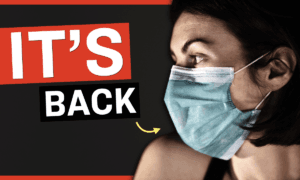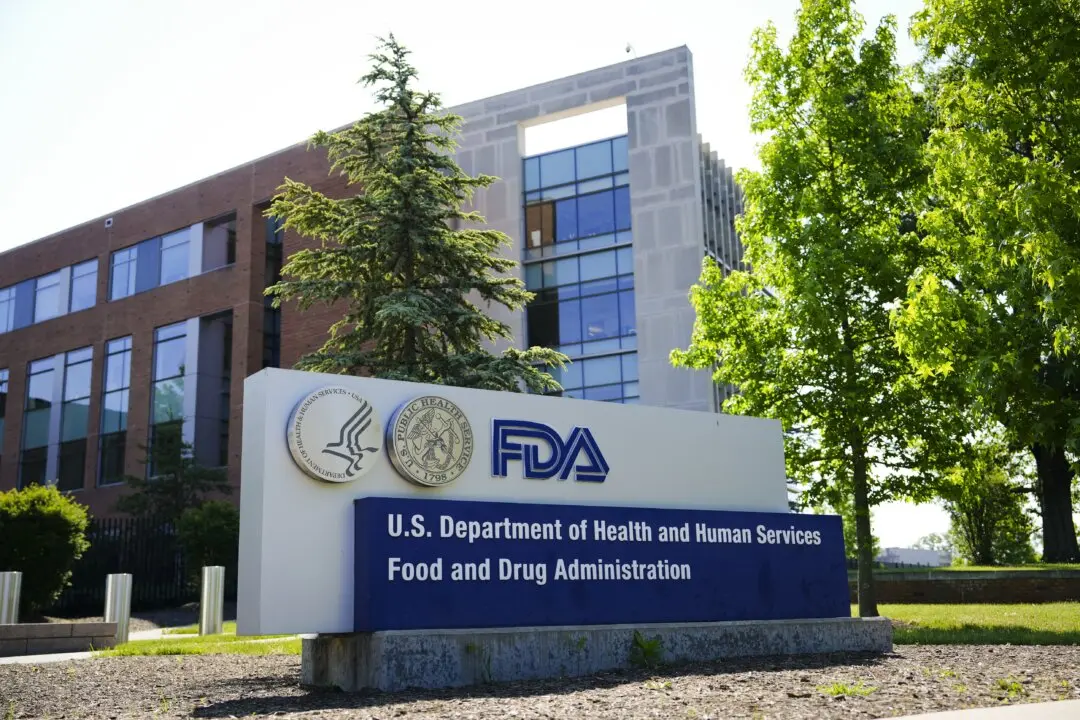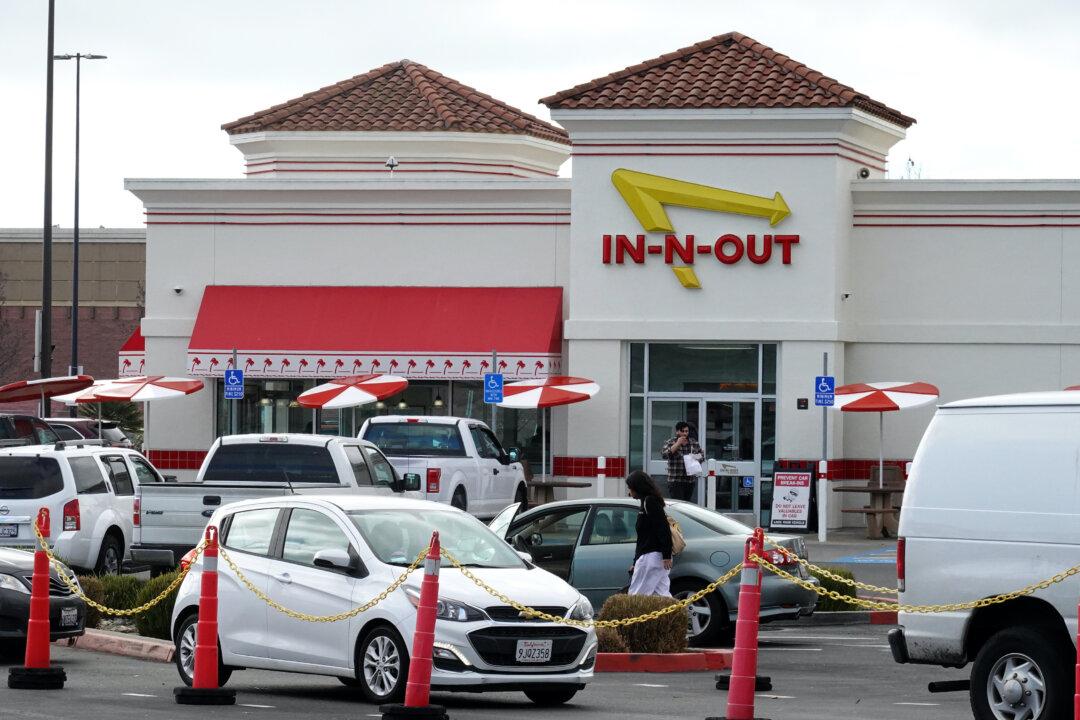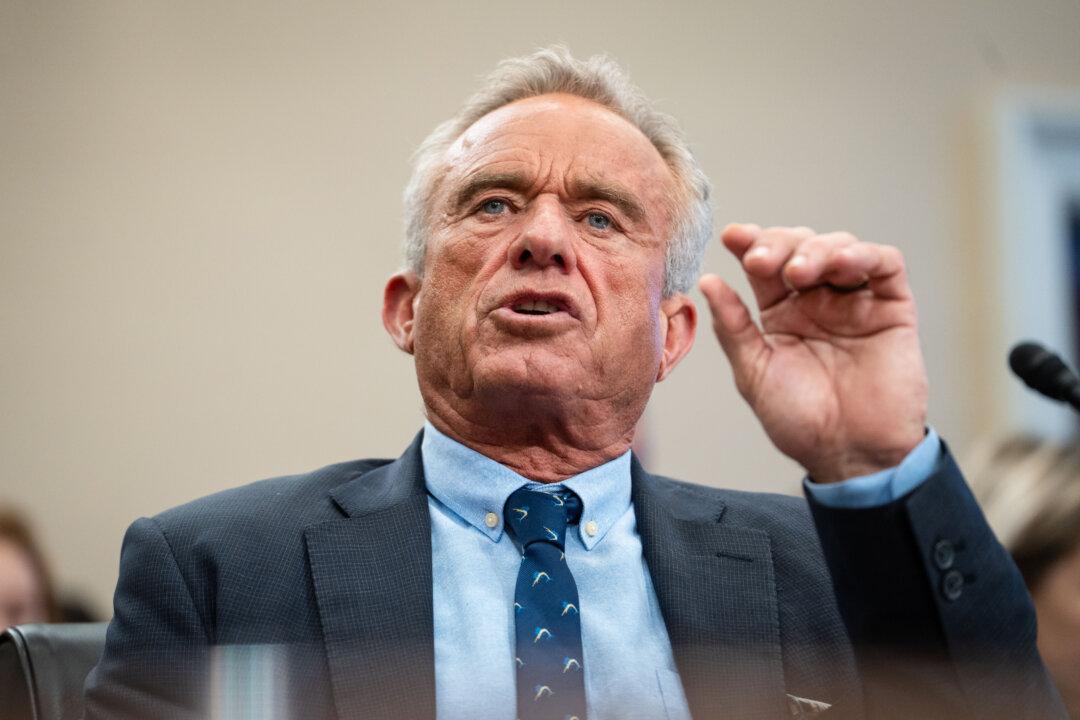The U.S. Food and Drug Administration (FDA) stated that the forthcoming COVID-19 vaccines will protect people from some aspects of COVID-19.
“If authorized or approved, based upon the available evidence, the FDA believes these vaccines with a monovalent XBB.1.5 composition will provide the best available protection against the most serious consequences of the disease resulting from currently circulating variants,” an FDA spokesperson told The Epoch Times.
“The large number of mutations in this variant raises concerns of greater escape from existing immunity from vaccines and previous infections compared with other recent variants,” the CDC said in preliminary assessment of BA.2.86.
The FDA earlier this year directed Pfizer, Moderna, and Novavax to update their shots to drop the Wuhan variant and focus on XBB.1.5, one of the Omicron subvariants.
XBB.1.5 has since been largely displaced by other subvariants, including FL.1.5.1 and EG.5, according to CDC genomic surveillance.
“The boosters will be out-of-date before they are even released,” Dr. Harvey Risch, professor emeritus of epidemiology at the Yale School of Public Health, told The Epoch Times.
Data from clinical trials or preclinical testing have found that the updated shots trigger higher levels of neutralizing antibodies, believed to be a marker of protection against COVID-19, the vaccine manufacturers have said in press releases. The full datasets have not been released to the public or published in medical journals, and no efficacy estimates have been released.
“Manufacturers have recently reported nonclinical and clinical data of their updated vaccines demonstrating neutralizing activity against currently circulating variants, and the FDA will consider additional data on the activity of vaccines against emerging variants as it becomes available in its regulatory decision making,” the FDA spokesperson said.

Influenza Model
Authorities are moving the COVID-19 vaccination model to a similar system to that used for influenza vaccines. The system does not require clinical trials to prove safety or effectiveness, instead allowing manufacturers to update shots on an annual basis based on estimates of which strain will be prevalent that year.Pfizer, Moderna, and Novavax have all asked the FDA for clearance for their updated shots.
The FDA has rarely turned down such requests during the COVID-19 pandemic.
The shots are expected to be available in mid-September, pending FDA and CDC action, the FDA spokesperson said.
Dr. Vinay Prasad was among the experts criticizing how the U.S. government is approaching COVID-19 vaccines.
“Clinical trials absolutely **must** be done for new covid shots. Not doing them is negligent,” Dr. Prasad, professor at the University of California, San Francisco’s Department of Epidemiology and Biostatistics, said in a social media post.
He said that trials should also be run for influenza vaccines, which regularly have limited effectiveness, and described the FDA as “a failed agency.”
The FDA authorizes or approves vaccines while the CDC decides whether to recommend them or not.
The CDC has scheduled a meeting with its vaccine advisers for Sept. 12 to discuss COVID-19 vaccines, indicating FDA action will come before then.
Dr. Mandy Cohen, the CDC’s new director, recently said she expects people will be advised to get a COVID-19 vaccine once a year “to make sure that you stay protected.”
“Dr. Cohen’s expert opinion is based on the science, which indicates that vaccine-induced immunity wanes and the COVID-19 virus is likely to continue to evolve,” a CDC spokesperson told The Epoch Times.
“The problem is the variants are moving faster than our vaccines. So that’s why it’s very exciting, this new funding that was received for the next generation vaccines, because we need a different kind of vaccines,” Dr. Carlos del Rio, distinguished professor of medicine in the Division of Infectious Diseases at Emory University School of Medicine, said in a video. “We cannot continue chasing variants.”

Hospitalization Uptick
COVID-19 hospitalizations have been increasing recently, hitting 12,613 over seven days in mid-August, according to the CDC. That was up from a low of 6,313 in mid-June, but well under the most recent peak of 44,410.The CDC’s numbers do not differentiate hospitalizations based on primary reason for admission. That means the numbers include people who go to hospitals for incidents such as car crashes who later test positive for COVID-19.
Those so-called incidental hospitalizations comprise a significant percentage of hospitalizations, according to state data, with an estimated range of 20 to 50 percent.
Dr. Shira Doron, chief infection control officer for Tufts Medicine, said the numbers should be analyzed in context.
“I’m baffled at the degree to which the reaction is out of proportion to the data this time around,” Dr. Doron said on X, referring to the reinstatement of mask mandates in some areas.
“Gradual and minor ups and downs are normal and expected at this point,” she added. “We will see this forever.”





